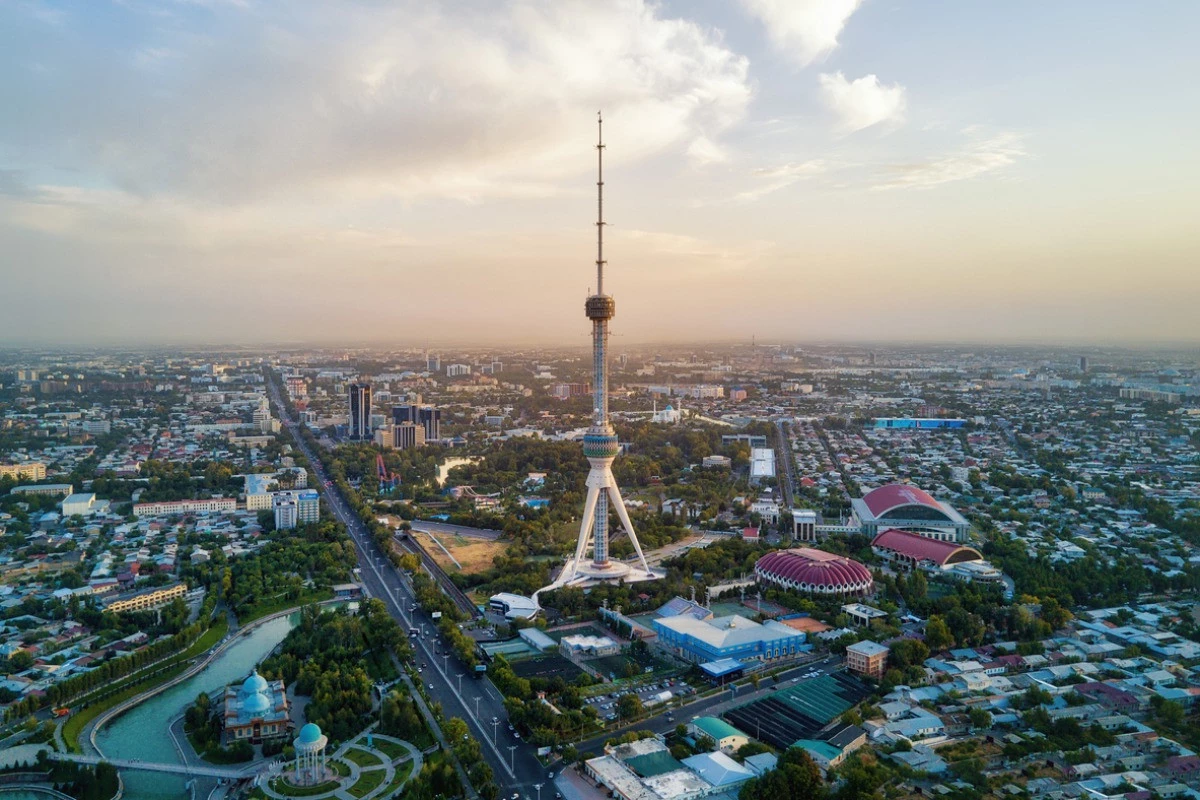According to The Straits Times, Hungary shares structural similarities with Singapore, particularly in its heavy reliance on foreign companies, which account for 70 to 80 per cent of the country’s exports. This is supported by a favourable 9 per cent corporate tax rate—the lowest within the EU bloc.
The report highlights that Hungary’s talent pool is bolstered each year by over 70,000 graduates in key technical fields such as engineering, construction, and manufacturing. This supply of skilled labour, as noted in the findings, aligns well with the demands of Singaporean firms, especially those focused on innovation and research-intensive industries.
According to Mr Lennon Tan, president of the Singapore Manufacturing Federation (SMF), speaking to the outlet, Hungary holds strong potential for Singapore businesses. He pointed to Hungary’s emphasis on science, technology, engineering, and mathematics in its education system, which contributes to a qualified workforce that is attractive to tech-oriented companies.
This synergy, Mr Tan remarked, creates a conducive environment for Singapore firms to scale their operations in Hungary. “The presence of capable local professionals, paired with well-developed infrastructure, allows our companies to expand and innovate without the financial strain typically associated with entering Western European markets,” he said.
As the article further notes, Hungary stands out not only for its cost-effectiveness but also for its supportive business climate—marked by widespread English proficiency and strong institutional backing for foreign investors, particularly in the technology and R&D sectors.
Another advantage cited by Mr Tan is Hungary’s EU membership, which allows Singaporean enterprises to benefit from the EU-Singapore Free Trade Agreement. The agreement facilitates smoother trade by eliminating most tariffs, reducing non-tariff barriers, and simplifying customs processes. “This significantly lowers operational costs and improves market access for businesses active in both countries,” he added.
The report was jointly prepared by the SMF, the Hungarian Investment Promotion Agency, the Hungarian Embassy in Singapore, and communications firm Rothman and Roman Group.
Hungary has been steadily attracting investment from Asian businesses, especially in the automotive industry. One such example is Patec Group, a Singapore-based company that specialises in precision engineering, tooling, and metal stamping for sectors like electronics and automotive. The company established its Hungarian branch in 2009 to serve its European clients more efficiently.
Speaking to The Straits Times, Patec’s commercial director Mr Benjamin Chia said the firm continues to operate in Hungary primarily due to the competitive tax environment. “Hungary’s central location is also a major advantage—it’s linked by expressways to seven neighbouring countries, which makes product distribution across both Western and Eastern Europe very efficient,” he explained.
He added that the country’s engineering graduates are well-equipped to meet the demands of high-speed manufacturing environments, which aligns with the company’s operational standards.
In 2024, bilateral trade between Singapore and Hungary exceeded US$1 billion (S$1.3 billion), with Singapore companies employing around 7,000 workers in Hungary, underscoring the growing economic partnership between the two nations.


